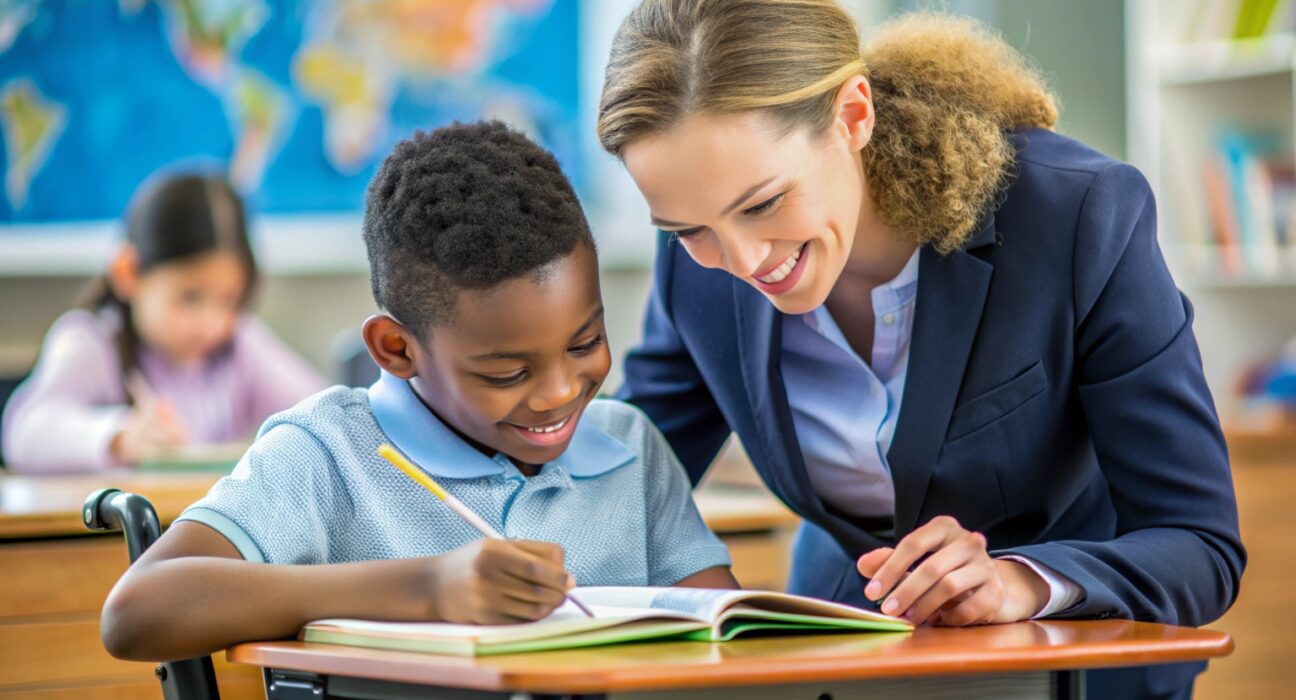The Individualized Education Program (IEP) is a cornerstone of special education, ensuring that students with disabilities receive tailored support to succeed academically and socially. The effectiveness of an IEP hinges on the collaborative efforts of its team members. This article will delve into the various roles within the IEP team and how each member contributes to comprehensive support for the student.
What is an IEP?
An Individualized Education Program (IEP) is a legally binding document developed for each public school student in the United States who qualifies for special education. The IEP outlines the student’s specific learning needs, the services the school will provide, and how progress will be measured.
IEP Team Members and Their Roles
1. Parents or Guardians
Role and Importance
Parents or guardians are essential members of the IEP team. They provide valuable insights into the child’s strengths, challenges, and history, and their involvement ensures that the IEP is tailored to meet the child’s unique needs.
Responsibilities
- Sharing Information: Provide background information about the child’s behavior, medical history, and previous educational experiences.
- Advocacy: Advocate for the child’s needs and ensure their rights are upheld.
- Collaboration: Work with educators to set realistic and achievable goals.
2. Special Education Teacher
Role and Importance
The special education teacher plays a critical role in developing and implementing the IEP. They bring expertise in instructional strategies and accommodations tailored to students with disabilities.
Responsibilities
- Assessment and Evaluation: Conduct assessments to determine the student’s current performance levels.
- Instructional Planning: Design and deliver specialized instruction based on the IEP goals.
- Progress Monitoring: Regularly monitor and report on the student’s progress toward their goals.
3. General Education Teacher
Role and Importance
The general education teacher’s participation is crucial, especially if the student spends time in the general education classroom. They ensure that the IEP is implemented in a way that allows the student to access the general curriculum.
Responsibilities
- Collaboration: Work with the special education teacher to adapt lessons and materials.
- Implementation: Apply accommodations and modifications in the general education setting.
- Feedback: Provide feedback on the student’s progress and behavior in the classroom.
4. School Administrator or LEA Representative
Role and Importance
A school administrator or Local Education Agency (LEA) representative ensures that the school complies with special education laws and that resources are allocated appropriately.
Responsibilities
- Resource Allocation: Ensure the necessary resources and supports are available.
- Compliance: Ensure that the IEP meets legal requirements and is implemented as written.
- Leadership: Facilitate the IEP meeting and support the team in decision-making.
5. School Psychologist
Role and Importance
The school psychologist contributes expertise in assessment, behavior management, and mental health.
Responsibilities
- Assessment: Conduct psychological evaluations to inform the IEP.
- Behavioral Support: Develop and implement behavior intervention plans.
- Consultation: Provide consultation to teachers and parents on strategies to support the student.
6. Related Service Providers
Role and Importance
Related service providers include speech-language pathologists, occupational therapists, physical therapists, and other specialists who provide support services outlined in the IEP.
Responsibilities
- Service Delivery: Provide direct services to the student as specified in the IEP.
- Collaboration: Work with the IEP team to integrate services into the student’s educational program.
- Documentation: Track and document progress in their area of service.
7. The Student (when appropriate)
Role and Importance
When appropriate, the student should be involved in their IEP process. Their participation fosters self-advocacy and ensures that their preferences and interests are considered.
Responsibilities
- Self-Advocacy: Express their own needs and goals.
- Participation: Take part in discussions about their education and services.
- Feedback: Provide feedback on what strategies and supports are working for them.
Ensuring Comprehensive Support
Collaboration and Communication
Effective IEP teams rely on open communication and collaboration. Regular meetings, shared documentation, and continuous dialogue are essential for ensuring that all team members are informed and aligned.
Ongoing Training and Professional Development
IEP team members should have access to ongoing training and professional development to stay current with best practices in special education.
Individualized and Student-Centered Approach
Every student is unique, and the IEP must reflect an individualized approach that centers on the student’s specific needs, strengths, and interests.
Conclusion
The success of an IEP relies on the collective efforts of a dedicated team. Each member brings valuable expertise and perspective, ensuring that the student receives comprehensive support. By understanding and fulfilling their roles, IEP team members can make a significant impact on the educational journey of students with disabilities.

